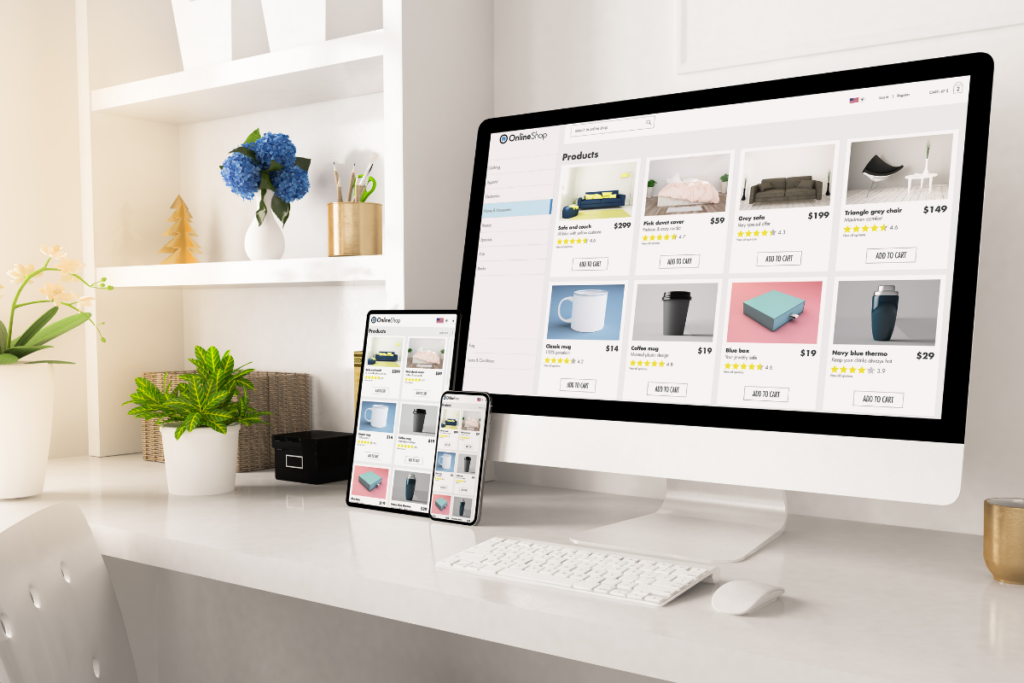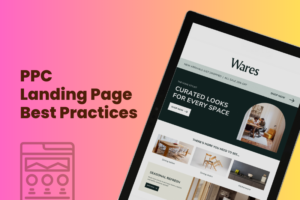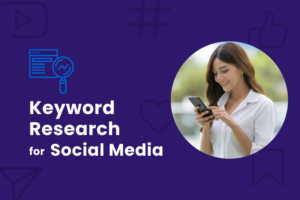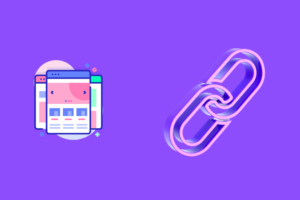Most small business owners wish to use the resources at hand, most wisely. Investing money only for things that are essential to the business. This is the starting point of the debate for website vs social media for small businesses. Whether you as a business owner should invest in a website or a social media presence is enough to connect and communicate with your customers and prospects.
Both website and social media channels are marketing tools. However, before zeroing on one, there are other questions too that you should be asking to determine which is the best marketing tool for your company.
Points for consideration in the debate of website vs social media for small business:
- Lead generation
- Greatest ROI
- Fastest ROI
- Brand awareness
- Marketing strategy
Before we give our verdict on website vs social media, lets us first understand what each one has to offer.
Websites are a great marketing tool for:
- Creating an online presence
- Providing an in-depth understanding of business
- Supporting digital promotion
- Syncs with your overall marketing strategy
- Provides crucial data required for marketing strategy creation
Social Media channels are best for:
- Building a connection
- Brand building
- Brand awareness
- Fast & easy communication
- User-generated content

How a local business website can help your small business
1. Creating an online presence
We are living in a world where everything is now on the internet. We don’t say this, the stats do!
“According to the latest data from Statista, 91 % of Australians are active internet users.” Most people search for a business or about a brick-n-motor shop online before directly visiting it.
A website also serves as a potential marketing tool helping you utilise itself for promoting your business through Search Engine Optimization (SEO). This way, you can reach people looking for products and services similar to yours. Through SEO, you can optimise your website locally or globally.
Apart from a marketing tool, your website can also function as a resourceful tool. Through blogs, you can help your customer educate about your products or solve their problems related to your niche.
2. Providing an in-depth understanding of business
When your prospects hear about your business, they first hit the internet to search for your business to understand it better. Think of how you search for other businesses as a consumer.
Your responsive website helps a visitor understand what your business is all about – the services/products you offer. In-depth explanations and displays of products are made possible through a website compared to the social media page, irrespective of the channel. You can even provide a demo of your products.
Apart from what you offer, a business website also provides insight into the value and vision of your company. You can even display your culture and strength, allowing your clients to connect to you emotionally as well.
3. Supports digital promotion
The mass audience is now available on the internet. Therefore, online marketing is a technique to leverage for every business. In this, your website works as a platform for online promotion.
You can create landing pages to target specific audiences, you may run Google ads linked to your company website and promote your small business website through various channels.
You can use landing pages to promote a flash sale, demo, and provide giveaways such as a whitepaper or workable templates.
The more ways you promote, the more chances of generating leads and reaching new prospects.
4. Sync with your overall marketing strategy
A crucial aspect where website scores in the debate of website vs social media, is its role in leading a customer through the sales funnel. It directs the leads from the top of the sales funnel to the middle of the funnel.
It does this through
- Building awareness (on entry to the funnel)
- Generating interest (middle of the funnel)
- Email capture (through signup forms)
- Creating a lasting impression through an incredible user experience
A website also serves as a great sales automation tool for your business.
- You can install live chats providing assistance and information to your clients.
- You can integrate your booking system to help clients to schedule an appointment with a click of the mouse.
- You can have leads fill out questionnaires to identify their pain points and streamline the scoping process.
As your website is available all day long, a person wishing to interact or research on your business can do so at any time and from anywhere.
5. Provides crucial data required for marketing strategy creation
Marketing strategies are built on numbers. Your website can provide you with some critical numbers. Forbes states that 64% of successful marketers strongly believe only data-driven marketing can help you make a dent in the highly competitive and oversaturated segments.
Your website’s analytics data provides this information. It tells you how many people, from where from which device has visited the website. It tells you which pages, content and buttons are working with your target audience.
This website data will help you provide valuable data to analyse and streamline online marketing efforts.

How Social Media profiles can help your business:
While your website provides a lot of value for your company, social media platforms helps spread the word about that value.1. Helps in building a connection
- 79.9% of the Australian population was active on SM in 2021.
- On average, Australians spend 1h 46m a day on social media.
2.Brand building
our social media page is your branding machine. You can brand it using your business’s colour and font. So, when people start connecting with you, they start recognising you and trusting you when they have to make a buying decision.
You can post your wins, about your team, and display the culture of your organisation. This also includes fun videos of your employees.
3. Brand awareness & engagement
Through your small business social media page, you can interact and engage with your audience. Like, comments and share is a validation that your brand is worth engaging with. Social media pages will also help you share and publicise content. User-generated content is another feature that makes social media win when compared to a website. Users can easily tag your social media profile while sharing their experience while using your product. This generates a lot of credibility for your brand.4. Fast & easy communication
Through your company’s social, you can easily communicate with your clients and followers. You can collect reviews and reply to grievances directly. Also, queries about products and services can be answered quickly. This ensures faster and easier communication with clients.Our verdict on website vs social media
– you need both a website and social media accounts to make it big.






